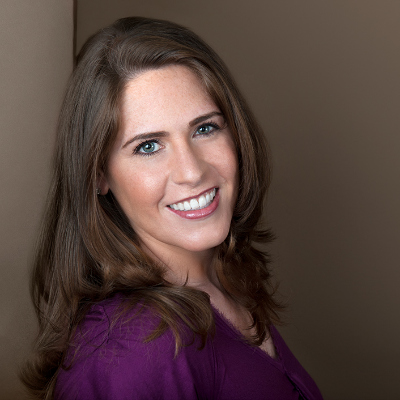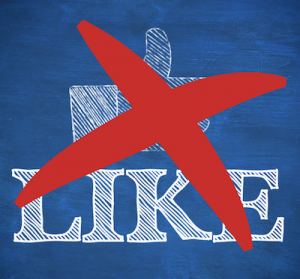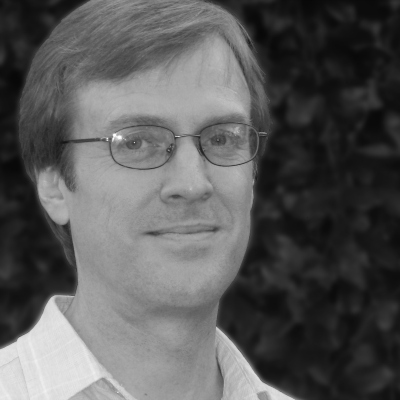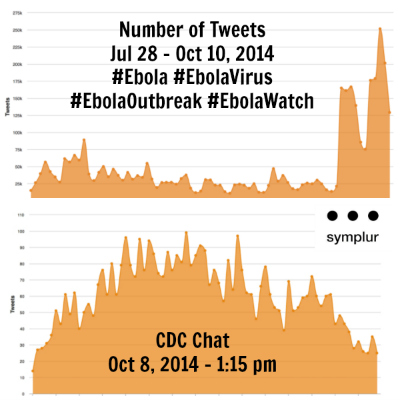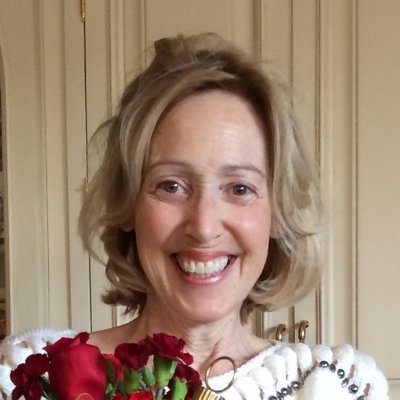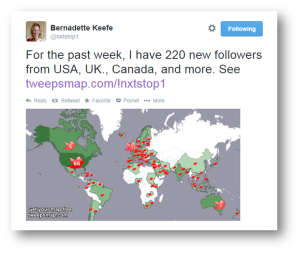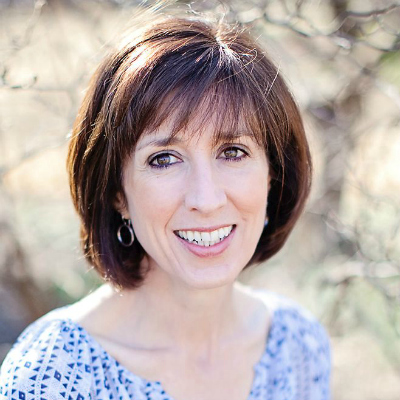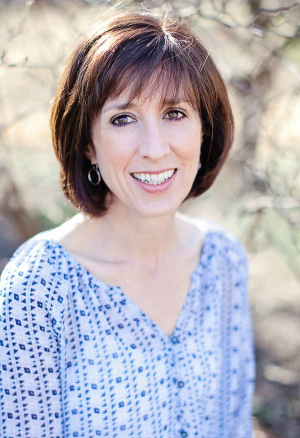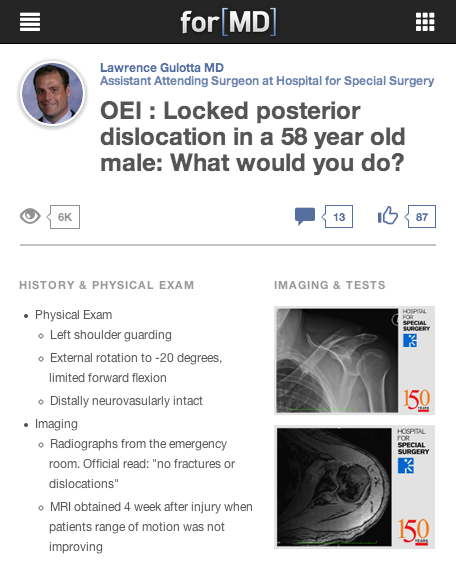Content Strategy for Healthcare
Meet Ahava Leibtag – Content strategist, writer, website consultant. Ahava is President of Aha Media Group. She has worked in healthcare digital consulting with clients such as Johns Hopkins Medicine, Wake Forest Baptist Health and Georgetown University Hospital. She also has an uncanny ability to make sense of complex topics like healthcare and government. We discussed content strategy, getting the C -Suite on board and healthcare marketing. To catch the segments of our conversation, check the time stamp content below.
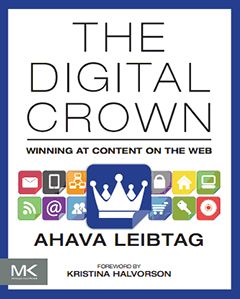 00:00 Introduction
00:00 Introduction
00:50 Meet Ahava Leibtag
01:35 Mayo Clinic Social Media Residency
02:12 “Content is King”
02:46 Confusing Content and Delivery
03:00 Three parts of content development
04:19 Strategy meeting
04:40 Profit is not a dirty word
05:34 Karl Marx on “value”
06:40 Three Types of content
07:25 Health libraries
08:05 Market differentiation
11:02 Don’t tell the lawyers
12:15 What are you trying to accomplish?
14:35 C-Suite involvement
16:49 Social media metrics
20:35 New media is not different
20:35 Dandelion websites
22:40 Content audit
23:10 Physicians online: Dr. Kevin Pho, @Doctor_V, Dr. Anonymous
24:10 Mama Doc Blog: Dr. Wendy Sue Swanson
29:29 Social Media Tip: Theresa Meyers, St. Criox Hospice
Visit our resources page for more valuable (and free!) resources on social media and digital health:
Ahava Leibtag’s LinkedIn profile
Resources from Aha Media Group:
7 Unbreakable Rules of Content Strategy
The Digital Crown: Winning at Content on the the Web
Podcast: Play in new window | Download

